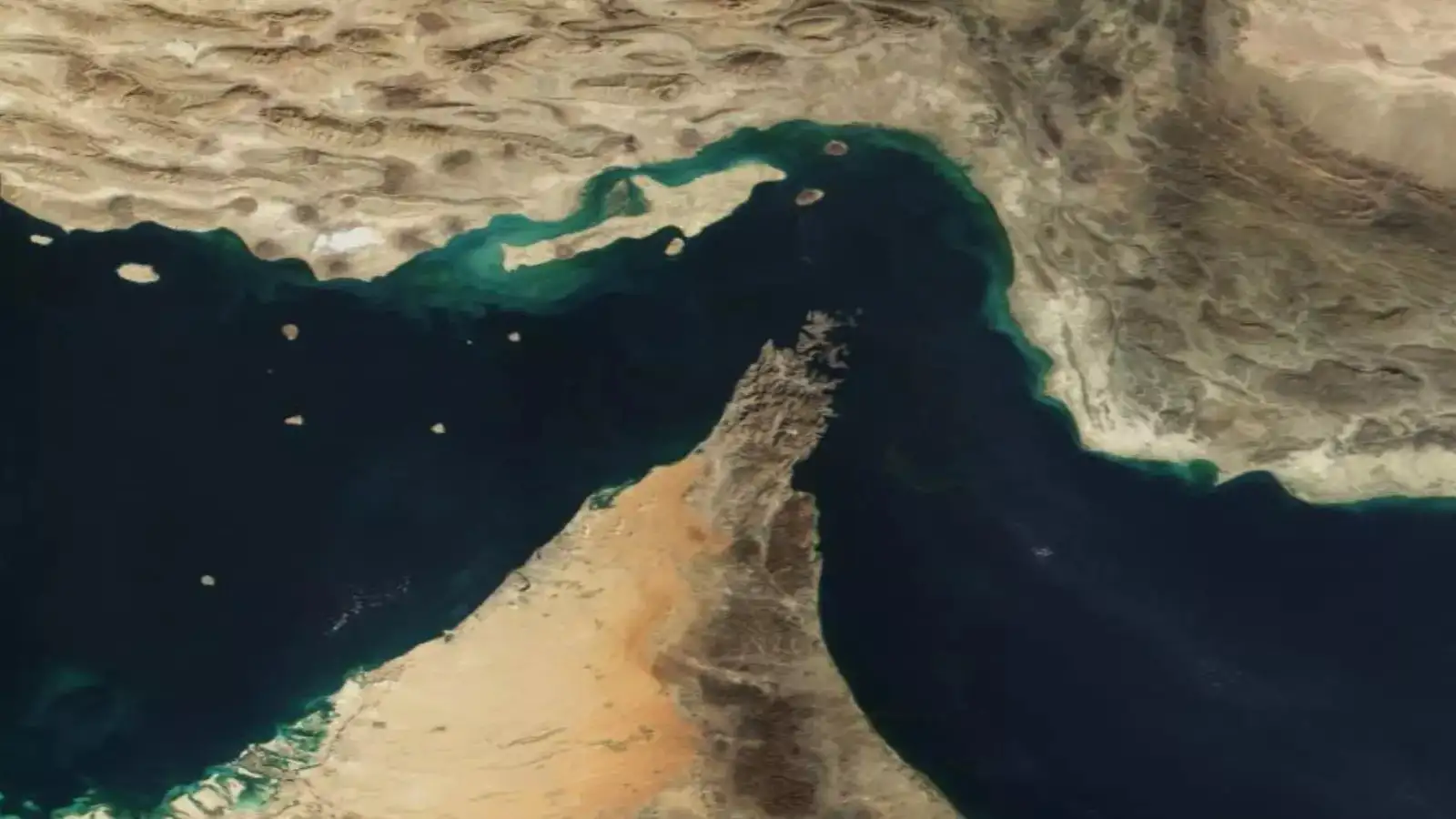Iran’s parliament has approved a proposal to shut down the Strait of Hormuz in retaliation to recent U.S. airstrikes on three key nuclear facilities within its territory. The strategic move, if implemented, could disrupt nearly 20% of the global oil and gas supply, heightening geopolitical tensions and raising fears of an energy crisis.
The final authority to enforce the closure lies with Iran’s Supreme National Security Council. According to Press TV and parliamentary national security commission member Esmail Kosari, the council is currently deliberating the measure.
The Strait of Hormuz, located between Oman and Iran, is a narrow maritime chokepoint just 21 miles wide at its narrowest. It serves as a vital conduit for energy exports from the Gulf region to international markets. Any disruption to this route would have immediate and significant implications for global energy security.
In response to the developments, the United States has urged China to use its diplomatic influence to dissuade Iran from executing the closure. U.S. Secretary of State Marco Rubio warned that any such move would constitute a major escalation, necessitating a strong international response. Despite the rising tensions, Rubio reiterated that Washington remains open to dialogue with Tehran.
The closure of the Strait would likely send shockwaves through global markets, potentially driving up oil prices and triggering volatility across financial systems. As the international community monitors the situation closely, diplomatic channels—particularly involving China—are expected to play a crucial role in averting further escalation.













